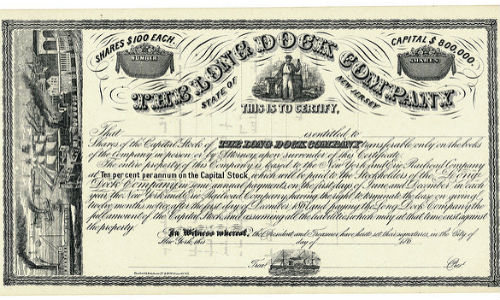Market watchers analyze and discuss earnings per share (EPS) more than any other financial measure. Managers talk about EPS when they announce earnings and often feature EPS in annual reports. All financial news websites report EPS. As a business reporter, what should you think about when managers announce EPS?
Earnings per share represents a public company’s net earnings divided by the number of shares outstanding. Many managers believe that an increasing EPS means that share price should also be increasing. That is generally true over the long run: Stock prices increase when profits grow, and decrease when profits decline. But in the short term, the relationship between EPS and stock prices is not always straightforward. Not every transaction or event that improves EPS will increase share price.
What causes EPS change?
Broadly speaking, the following categories may impact and cause EPS changes:
• real business activities
• earnings management strategies
• share buybacks
Real business activities include more efficient operations. Examples include improving sales processes, inventory management, cash collection processes and maintenance of assets.
Earnings management strategies include manipulating the accounting system to improve earnings. Records that understate uncollectible customer receivables (money owed to the business that will not be paid) is an example. Halting research on a new product to reduce expense and meet an earnings target is another.
Share buybacks often cause a substantial increase in EPS. When a company repurchases stock—perhaps there is too much stock on the open market—the repurchased shares are absorbed by the company. With fewer outstanding shares, earnings per share increases. However, this doesn’t necessarily alter share price, because the repurchase of shares is assumed to be at a fair price. And if a company issues debt to buy back shares, while the buybacks increase EPS, they don’t improve share price. (Originally reported by Steven Orpurt)











